Do you know that sometimes permits and licenses are required when importing from Asia? If you are preparing to import and fail to have these documents in order, customs could detain your products. This will significantly impact your business!
Import permits and licenses are permissions that allow businesses or individuals to transport products into a country. These documents may be necessary for different types of products.
Do you need Asia sourcing services? We’ll clearly explain the permits and licenses required to run your business in Asia. You’ll learn everything you need to know about the necessary documents when importing from Asia.
What are import permits and licenses?
When you import products from Asia to your country, you might be asked: Do you have an import license?
This is because many government agencies have special trade restrictions on certain products. Importers need to comply with numerous regulations and requirements to ensure the smooth importation of these products.
In other words, the things that could be imported into the country do not require an import permit or license.
Import permits and licenses are official papers that are demanded by the authorities to promote certain types of importation to conform to the legal requirements of a country.
The idea of import permits and licenses seeks to ensure that commodities meet the required standard in terms of safety, quality, and legal compliance.
For example, foods must be fit for consumption and meet health standards as much as they may meet aesthetic standards; on the other extreme, electronic products must meet technological standards.
The legalisation of these permits and licenses varies depending on some of the country’s laws and the type of product. Among the permits, some of them have an inspection or certification factor included in them.
Why Are Permits and Licenses Important When Importing from Asia?
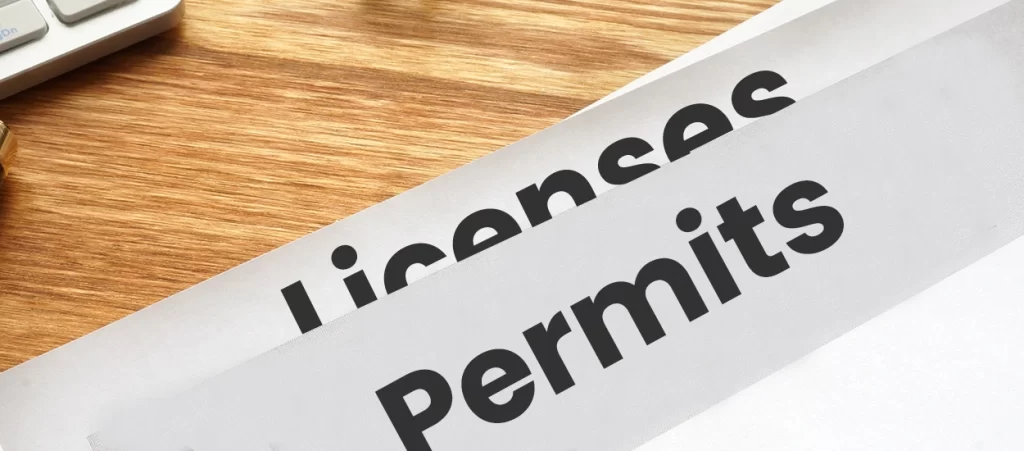
To begin with, you need to understand that there are some special goods, and if you do not have permits and licenses, your products will not be entered into customs.
This is because they cannot guarantee that your products meet the legal requirements of the country in which they are sold.
What is more, in some countries, there is a possibility that these permits and licenses, if needed, can be issued again. However, be prepared for this to slow down your shipment and, possibly, cost you more money.
This aspect convinces me that permits and licenses are crucial to businesses importing from Asia.
They guarantee that imported goods meet the regulatory legal frameworks of the importing country for largely recognised products, such as safety for products being imported, environmental laws of the importing country, and the quality of products being imported.
Permits and licenses are also vital for the correct calculation of taxes and duties. They help prevent illegal trade practices, such as smuggling or dumping.
Many Asian countries have their unique manufacturing standards. Import permits and licenses ensure that products meet the quality and performance standards of the importing country.
After all, the standards for some products in Asia and other regions are not always the same.
Note: What happens if you don’t have an import license?
The primary danger you encounter is the inability of your products to clear customs, effectively preventing them from entering the country. Consequently, not securing the required license or permit could lead to a complete loss.
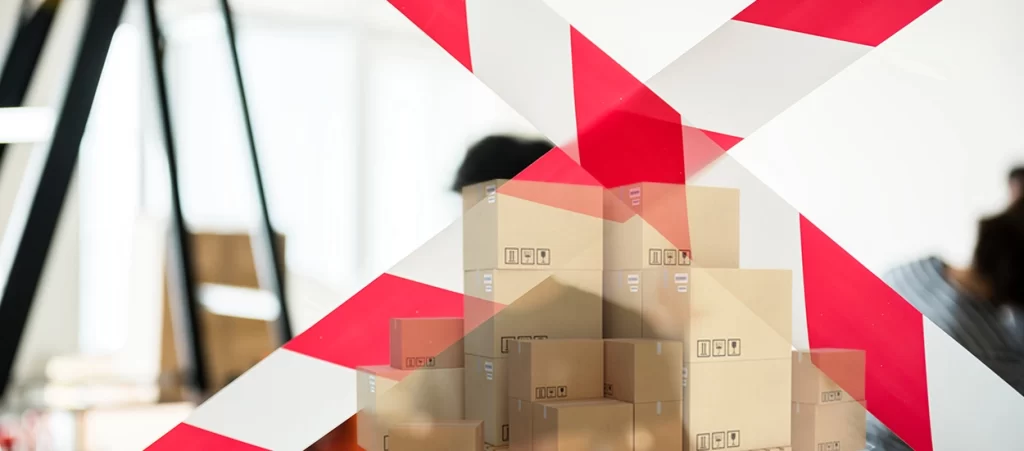
In severe cases, especially if the import violation involves restricted or prohibited goods, legal action may be taken against you or your business. This can include criminal charges.
Failure to adhere to import regulations can be detrimental to the public image of your business in a way that affects suppliers, customers, and authorities.
What Types of Permits and Licenses Are Necessary?
The permits and licenses that are required in importation may differ depending on the type of product, its origin country, and or selected country of destination. Here are some common types of permits and licenses that might be required:
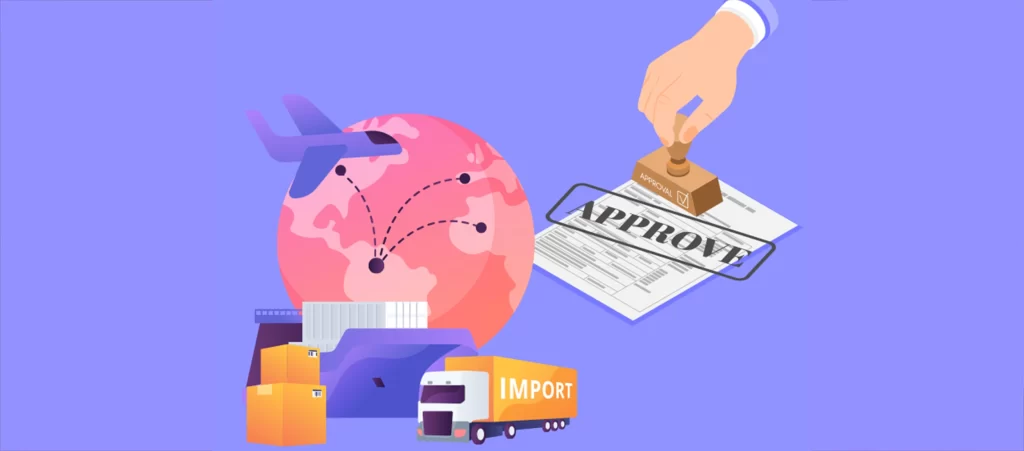
- General Import License: Some countries require a general import license for all import activities. This license serves as a basic permission to import goods.
- Customs Bond: For instance, in the United States, a customs bond is usually demanded. It serves as an instrument to guarantee that all the obligations, taxes, and other fees chargeable to the federal government will be faithfully discharged.
- Product-Specific Licenses: Most products are graded according to the kind of license that they need. For instance, importing pharmaceutical goods may involve permits from the FDA, while importing electronics may require a permit from the FCC.
- Agricultural Permits: These are required while importing some of the agricultural produce, plants, or livestock, most of the time for controlling the spread of disease by bringing in seeds.
- Fish and Wildlife Service License: Need for importation of wildlife and wildlife products to conform to the laws and agreements of conservation of wildlife across the globe.
- Alcohol and Tobacco Tax and Trade Bureau (TTB) Permits: Required when a company wants to bring alcoholic beverages and tobacco products into the United States.
- Environmental Protection Agency (EPA) Certifications: Required for some chemicals and vehicles before they are released on the market.
- CITES Permit: These permits indicate that, for one to import or export endangered plants and animals, one requires CITES permission.
- Textile Visa: Some countries require a textile visa for importing textiles to make sure they conform to quota and other lawful requirements.
- Country-Specific Permits and Licenses: There may be conditions that are characteristic of a particular country of import.
It is also crucial to find out and determine the individual demands necessary for the type of products being imported and those countries concerned. It is advisable to seek an opinion from a customs broker or a trade attorney to get assistance in acquiring the permits and licenses.
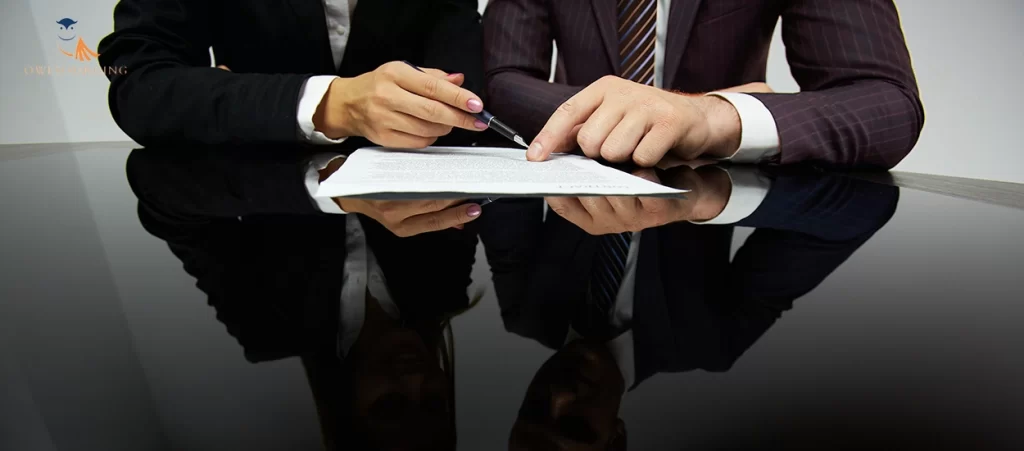
Which products do not require permits and licenses?
While many products require permits and licenses for import, several categories of goods typically do not require specific permits or licenses for importation into most countries. These include:
- General Consumer Goods
- Non-Regulated Electronics
Be aware that products containing batteries are subject to transportation restrictions. In addition to obtaining prior approval, importers must adhere to packaging requirements and ensure that cartons are appropriately labelled. For further information, read this article: How to Import a Battery from China?

- Furniture and Household Products
- Books and Printed Materials
Tip: How can I ensure that my product requires an import license?
Find out what the HS code for your product is, or in the United States, Schedule B no. This code defines your product and is used globally to declare products for customs duties.
First, one should check the specificities of importations in the country to which one is importing. The laws and regulations also differ from country to country, and in some cases, they are different in various regions of the same country.
For example, in compound situations or if you are dealing with restricted product types such as medicinal, food products, or chemicals, it is advised to seek advice from a trade lawyer or any legal advisor.
Such regulations are dynamic, and as much as one may not continue in the business of importing, it is prudent that one reads the current regulations.
What Are the Steps in the Application Process for Permits and Licenses?

Step 1: Determine Specific Requirements
Determine the type of permits or licenses necessary for the product you have developed. This usually requires deciphering the Harmonised System (HS) code of the product and learning the customs regulations of the country of destination.
Step 2: Gather Necessary Documentation
Gather all the necessary papers. They may include certification of business registration documents, specification of the product, certification of safety, certification of the supplier, and any other companionate document.
In the case of a certain product, it is required to obtain permits or licenses from various governmental authorities. For example, if obtaining a product to be imported to the United States involves food products, the person may need to communicate with the FDA.
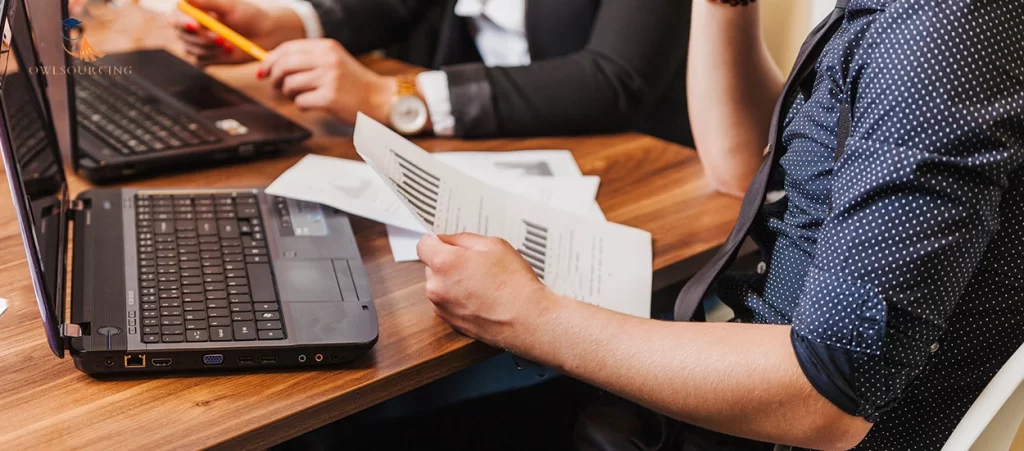
Step 3: Submit Application
Complete all the documents on the prescribed application forms. Make sure all input is correct in order not to cause system slowdowns.
Most permit and license applications come with a cost attached to them. Check how much you should pay and submit proof of payment when necessary.
Submit, together with all supporting documents, to the proper body or office by completing the following steps. This can usually be done electronically; however, some cases may call for the submission of physical documents.
Step 4: Respond to Queries
If there is anything the authorities require or may want him or her to record regarding the application, respond on time to avoid many frustrations.
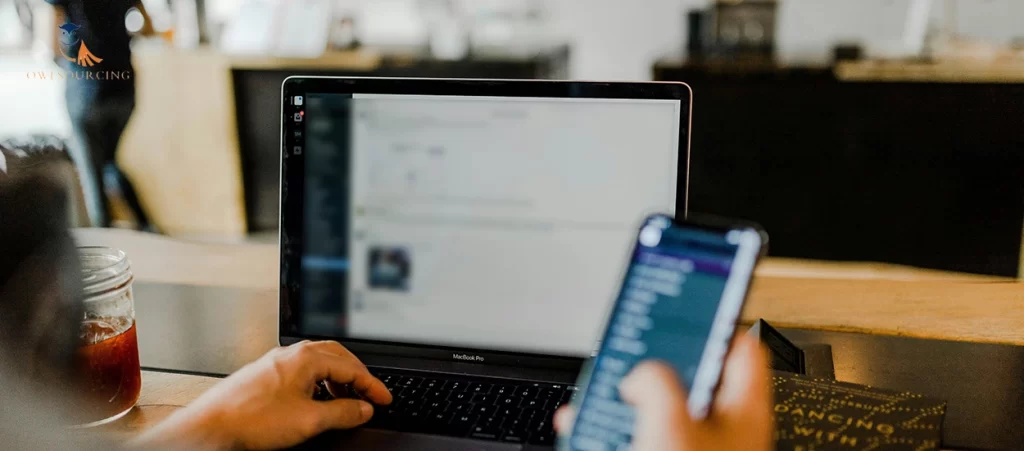
Step 5: Receive Permit or License
Once your application is approved, you will receive the permit or license.
Step 6: Renewal
Be aware that some permits and licenses have expiration dates and will require renewal. Keep track of these dates to maintain continuous compliance.
Additional information: What is CBP?
CBP refers to the Customs and Border Patrol of the United States of America. This is a federal police force that is under the Department of Homeland Security (DHS) in America.
CBP is in charge of monitoring the cross-border movement of people and goods, the assessment of importation taxes, and implementing trade, customs, and immigration laws in America.
Read More:
Final Thoughts
Permits and Licenses When Importing from Asia are indispensable for certain products. Meanwhile, special attention needs to be paid to the packaging of battery-related products.
Owlsourcing assists you in sourcing from Asia, offering a one-stop service from procurement to product packaging and then to transportation. You don’t have to worry about import permits either, as we help you solve all of these issues.
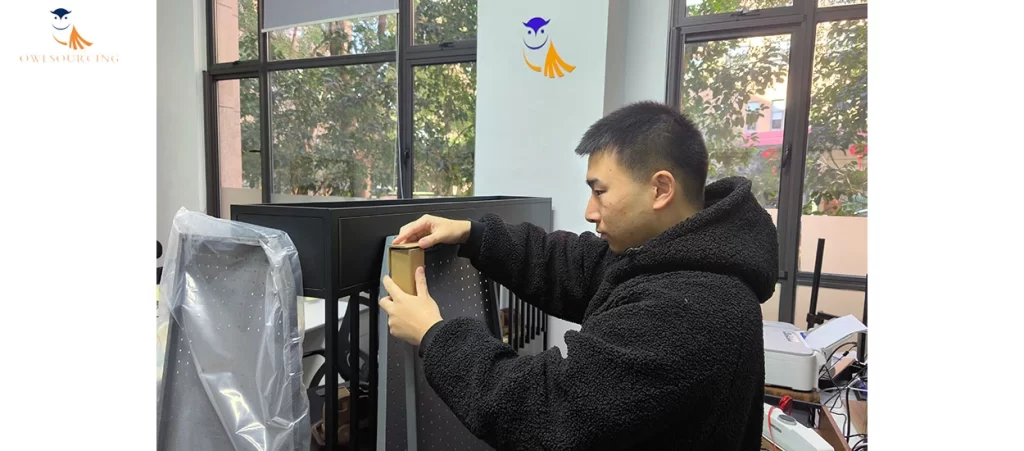
Owlsourcing Action ,
A member of the Owlsourcing team is enhancing the packaging dimensions of the product to ensure that it is not damaged during transportation.
Of course, if you wish to contact us or still have questions about permits and licenses when importing from Asia, feel free to comment or send us an email at [email protected].

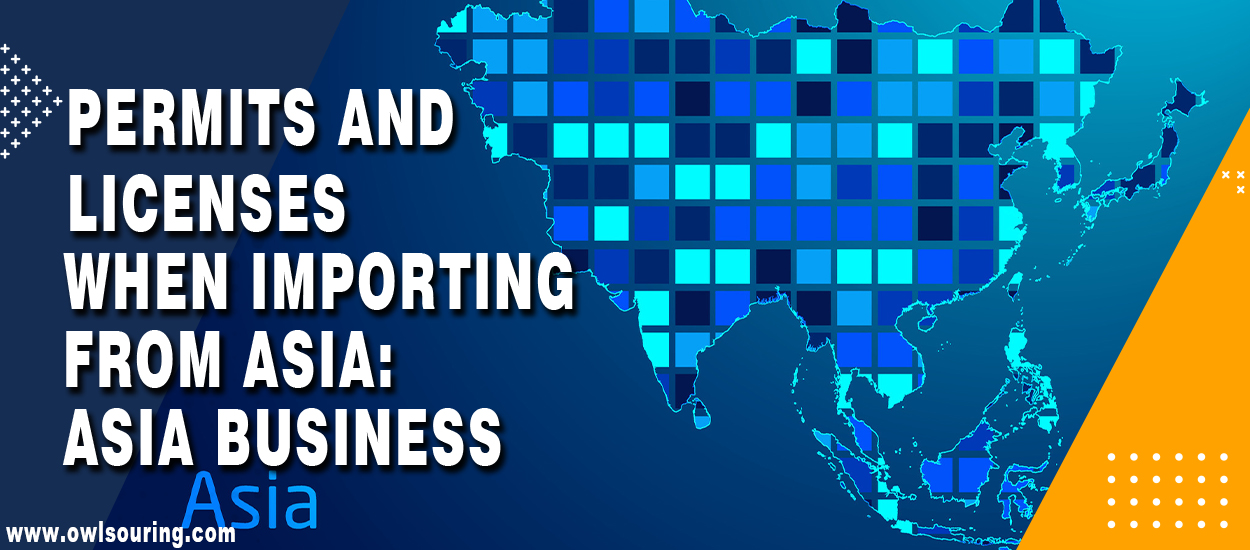

2 thoughts on “Permits and Licenses When Importing from Asia 2015”
Hello, Should the supplier apply for the pre-import approval, or is it our responsibility?
Hi Tyler, your question is very in-depth.
Normally, the responsibility for applying for pre-import approval depends on the contract and trade terms between the parties. It is recommended that you carefully review the relevant terms in the contract and communicate with the supplier to jointly determine the best operation plan. If you cannot confirm it in the terms, you can also contact us for help.
Hope these suggestions are helpful to you.